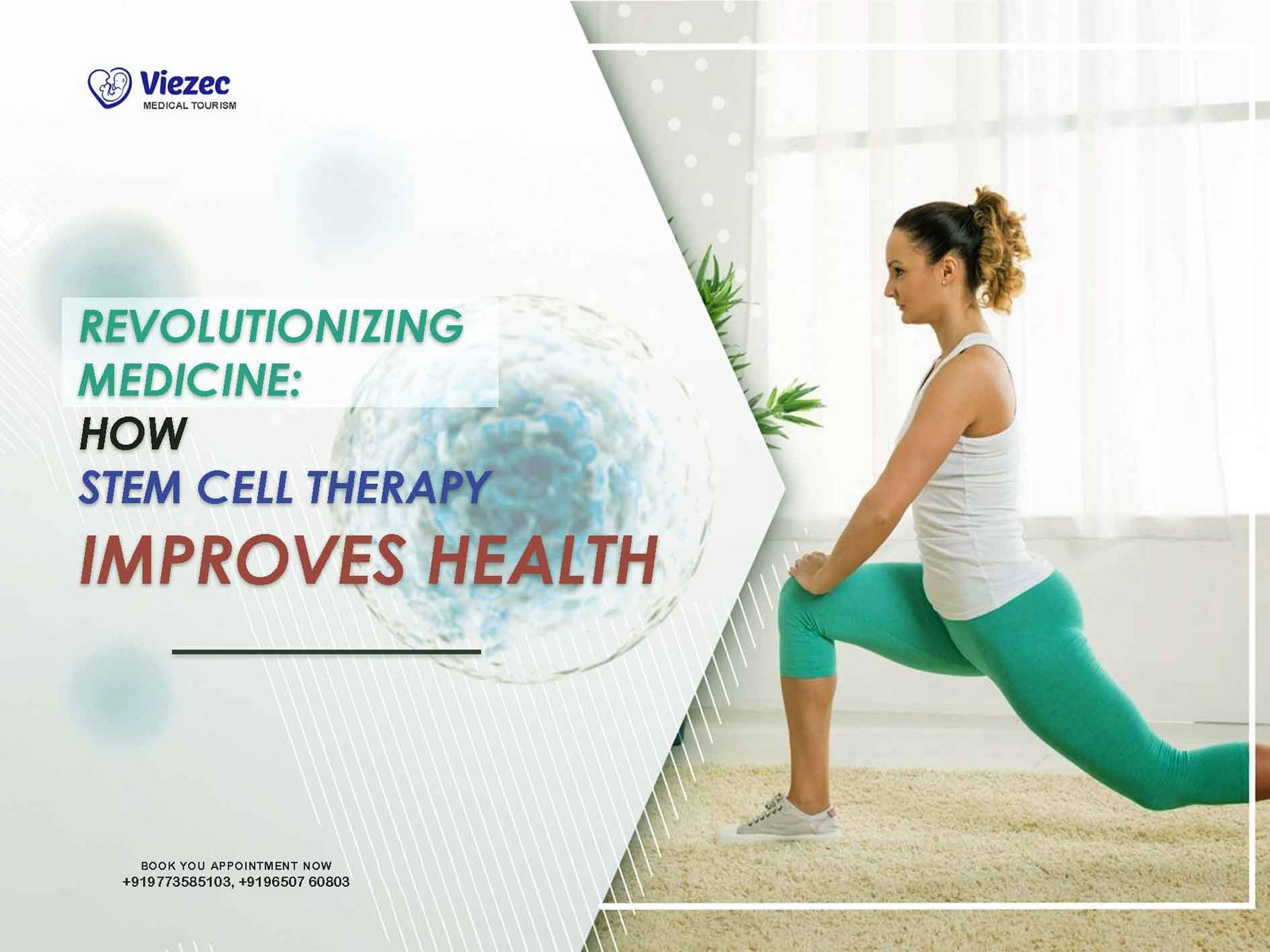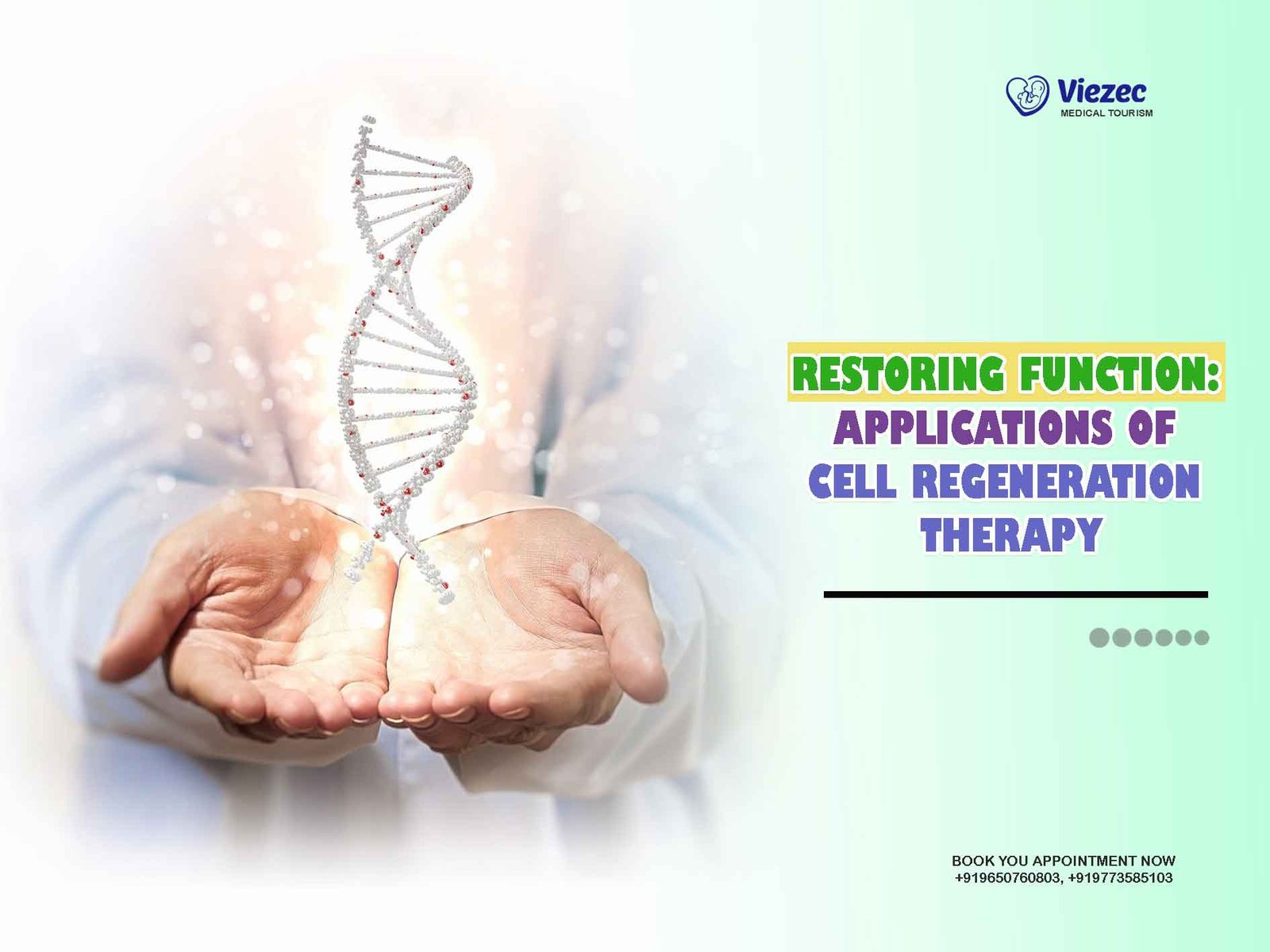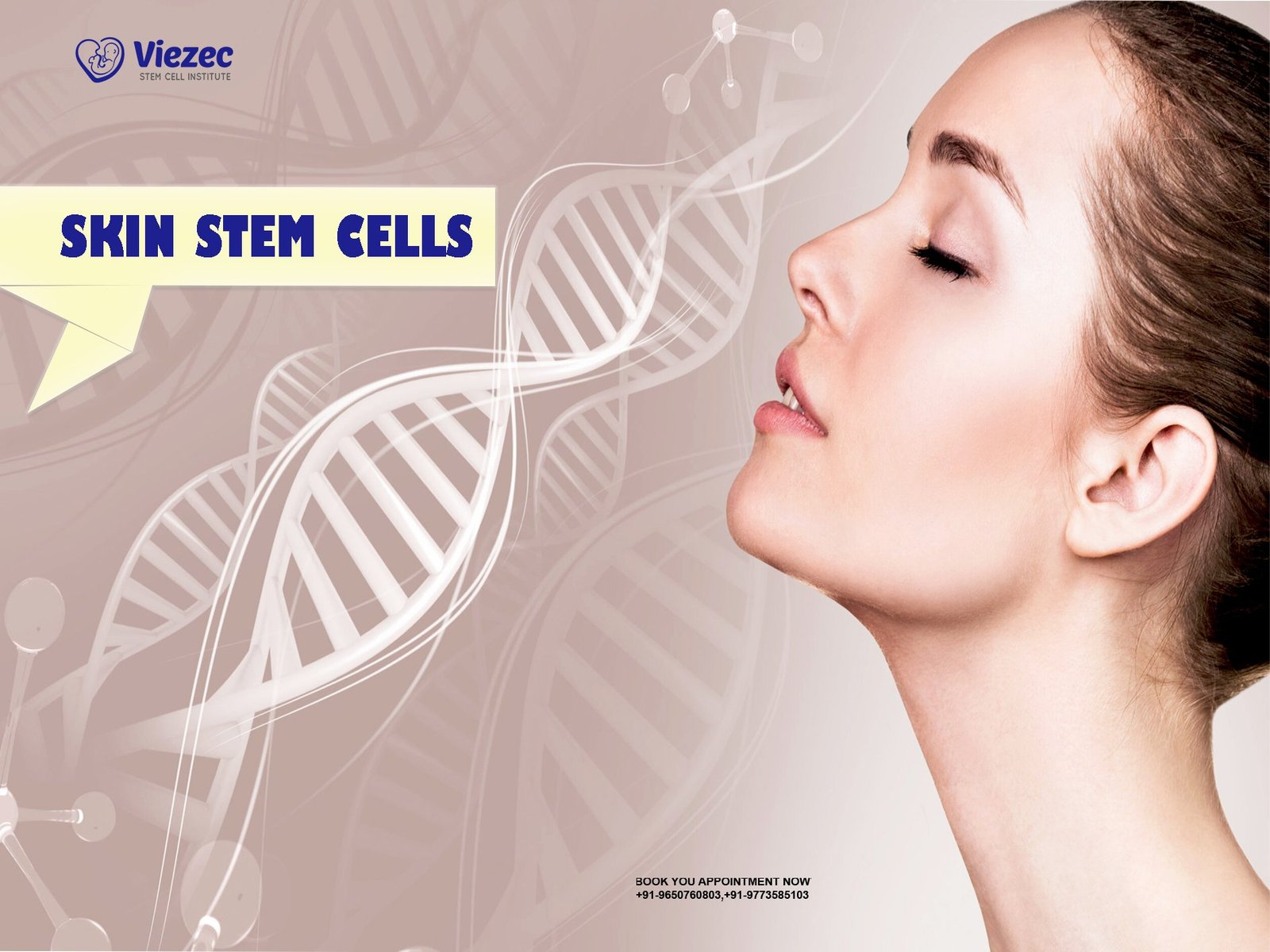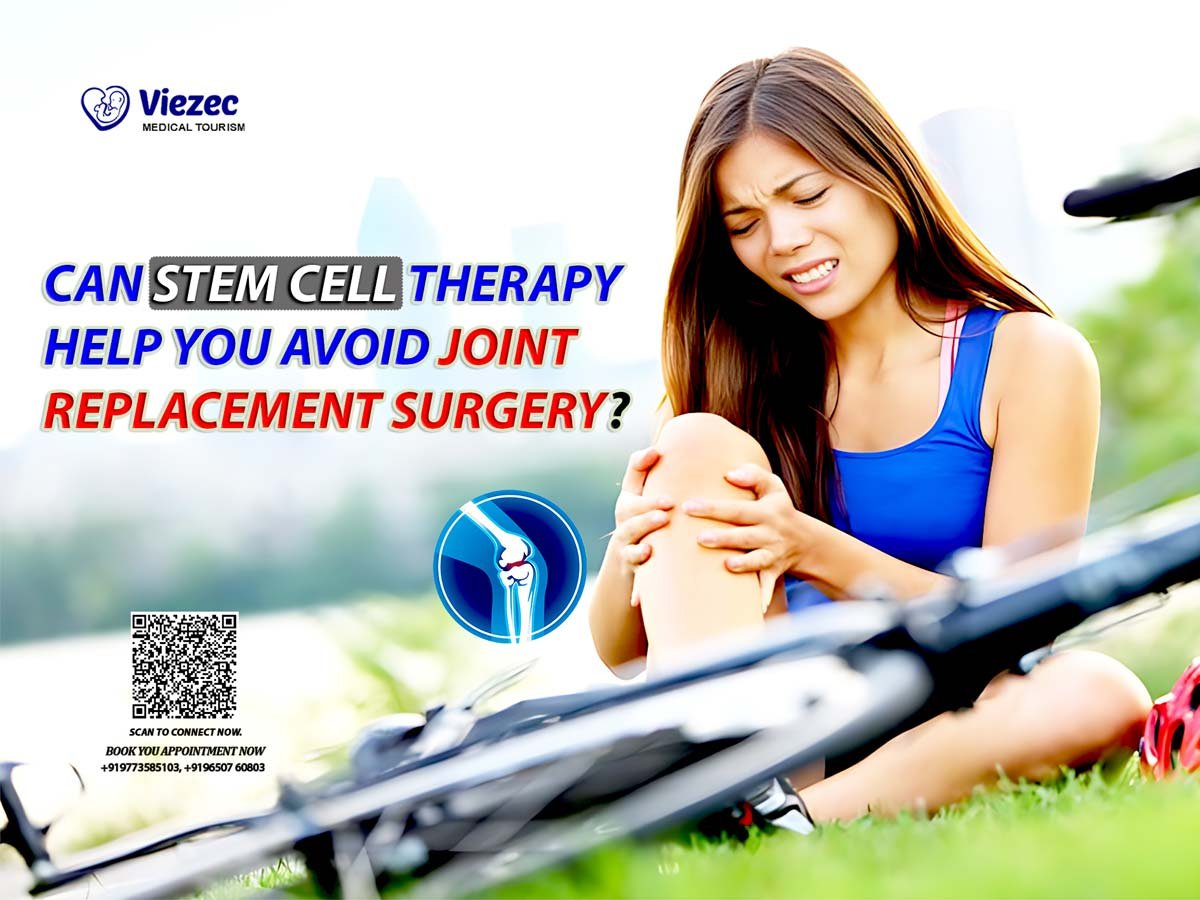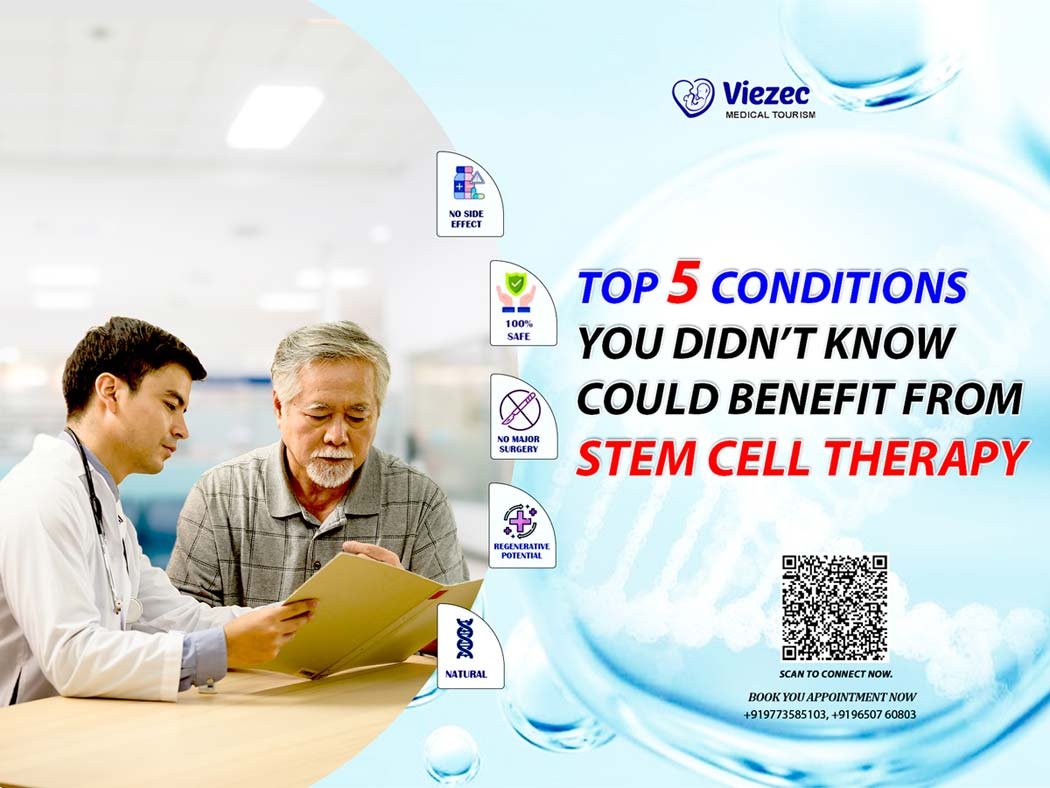Stem cell supplements have garnered significant attention in recent years for their potential health benefits. As research continues to uncover the mechanisms behind stem cell therapy, these supplements offer promising avenues for improving overall well-being and addressing various health concerns. In this comprehensive guide, we delve into the science, efficacy, safety considerations, and future prospects of stem cell supplements, empowering individuals to make informed decisions about their health.
Introduction to Stem Cell Supplements
Defining Stem Cells: Stem cells are undifferentiated cells with the remarkable ability to develop into different cell types in the body. They play a crucial role in tissue regeneration, repair, and maintenance.
Importance of Stem Cell Supplements for Health: Stem cell supplements aim to support the body’s natural regenerative processes by providing nutrients and bioactive compounds that promote the production and function of stem cells.
Evolution of Stem Cell Research: Over the years, advances in stem cell research have led to a deeper understanding of their therapeutic potential, paving the way for the development of innovative supplements.
Science Behind Stem Cell Therapy
Mechanism of Stem Cell Action: Stem cells exert their effects through various mechanisms, including differentiation, paracrine signaling, and immune modulation, contributing to tissue repair and regeneration.
Types of Stem Cells Used in Supplements: Stem cell supplements may contain different types of stem cells, such as mesenchymal stem cells (MSCs) or induced pluripotent stem cells (iPSCs), each with unique properties and potential applications.
Clinical Evidence and Research Findings: While research on stem cell supplements is still evolving, preliminary studies suggest promising therapeutic effects in conditions ranging from joint health to neurodegenerative diseases.
Key Components of Stem Cell Supplements
Nutritional Elements Supporting Stem Cell Production: Certain nutrients, including vitamins, minerals, and amino acids, are essential for supporting the proliferation and differentiation of stem cells.
Bioactive Compounds Enhancing Stem Cell Function: Bioactive compounds like resveratrol, quercetin, and epigallocatechin gallate (EGCG) have been shown to enhance stem cell function and promote tissue regeneration.
Essential Vitamins and Minerals for Cellular Regeneration: Vitamins such as vitamin C, vitamin D, and vitamin E, along with minerals like zinc and selenium, play crucial roles in cellular regeneration and overall health.
Understanding Stem Cell Regeneration
Role of Stem Cells in Tissue Repair and Regrowth: Stem cells contribute to tissue repair and regeneration by replacing damaged cells, secreting growth factors, and modulating the immune response.
Factors Influencing Stem Cell Regeneration: Various factors, including age, genetics, and environmental influences, can impact the regenerative capacity of stem cells and their ability to repair tissues effectively.
Potential Applications in Age-Related Conditions: Stem cell supplements hold promise for addressing age-related conditions such as osteoarthritis, cardiovascular disease, and cognitive decline by promoting tissue regeneration and reducing inflammation.
Evaluating Stem Cell Supplement Effectiveness
Criteria for Assessing Supplement Quality: When evaluating stem cell supplements, factors such as ingredient quality, manufacturing standards, and scientific evidence should be considered to ensure efficacy and safety.
Clinical Trials and Efficacy Studies: Rigorous clinical trials and efficacy studies provide valuable insights into the safety and effectiveness of stem cell supplements in different health conditions.
Consumer Reviews and Expert Recommendations: Consumer reviews and expert recommendations can offer additional perspectives on the efficacy and tolerability of stem cell supplements, helping individuals make informed choices.
Safety Considerations with Stem Cell Supplements
Risks Associated with Unregulated Products: The use of unregulated stem cell supplements carries potential risks, including contamination, inadequate quality control, and adverse effects on health.
Potential Interactions with Medications: Individuals should be cautious when combining stem cell supplements with medications, as certain ingredients may interact with drugs and affect their efficacy or safety.
Guidance for Safe Usage and Dosage: To ensure safe usage, individuals should consult healthcare professionals and adhere to recommended dosage guidelines provided by reputable manufacturers.
Incorporating Stem Cell Supplements into Wellness Routines
Integrating Supplements with Diet and Lifestyle Choices: Stem cell supplements should complement a healthy diet and lifestyle, including regular exercise, adequate sleep, and stress management, to optimize their benefits.
Optimizing Results through Consistent Usage: Consistent and long-term usage of stem cell supplements is key to maximizing their potential health benefits and supporting ongoing tissue repair and regeneration.
Complementary Practices for Enhanced Health Benefits: Integrative approaches, such as acupuncture, massage therapy, and meditation, can complement the effects of stem cell supplements by promoting overall well-being and reducing inflammation.
Future Directions in Stem Cell Research and Supplements
Advancements in Stem Cell Technology: Ongoing advancements in stem cell technology, including gene editing techniques and tissue engineering, hold promise for further enhancing the efficacy and accessibility of stem cell therapies.
Emerging Trends in Stem Cell Therapy: Emerging trends such as personalized medicine, exosome therapy, and organoids offer new avenues for harnessing the therapeutic potential of stem cells in treating a wide range of diseases.
Potential Impacts on Public Health and Medicine: The continued development and adoption of stem cell supplements and therapies have the potential to revolutionize healthcare by providing novel treatment options for various diseases and improving overall population health.
Addressing Common Myths and Misconceptions
Debunking Misinformation Surrounding Stem Cell Supplements: Clarifying misconceptions about stem cell supplements can help dispel myths and empower individuals to make well-informed decisions about their health.
Clarifying Regulatory Oversight and Legal Frameworks: Understanding the regulatory landscape governing stem cell supplements can provide clarity on product safety, quality standards, and legal compliance.
Educating Consumers for Informed Decision-Making: Educating consumers about the science, benefits, and limitations of stem cell supplements is crucial for promoting responsible usage and protecting public health.
Ethical Considerations in Stem Cell Usage
Ethical Guidelines for Stem Cell Research and Application: Adhering to ethical guidelines and principles, such as informed consent, patient autonomy, and beneficence, is essential in the development and utilization of stem cell therapies.
Balancing Scientific Progress with Moral and Religious Perspectives: Balancing scientific progress with moral and religious considerations requires thoughtful dialogue and collaboration to ensure that ethical principles are upheld while advancing medical innovation.
Ensuring Equitable Access and Distribution of Stem Cell Therapies: Addressing issues of equity and access to stem cell therapies is essential for ensuring that all individuals have the opportunity to benefit from these innovative treatments regardless of socioeconomic status or geographic location.
Real-Life Success Stories and Case Studies
Personal Experiences with Stem Cell Supplement Usage: Real-life testimonials and case studies provide firsthand accounts of individuals who have experienced positive outcomes and improvements in health with the use of stem cell supplements.
Testimonials from Individuals Benefiting from Stem Cell Therapy: Testimonials from patients who have undergone stem cell therapy offer insights into the potential efficacy and impact of these treatments on various health conditions.
Insights from Healthcare Professionals on Patient Outcomes: Healthcare professionals can provide valuable perspectives on patient outcomes, treatment protocols, and the integration of stem cell therapies into clinical practice.


